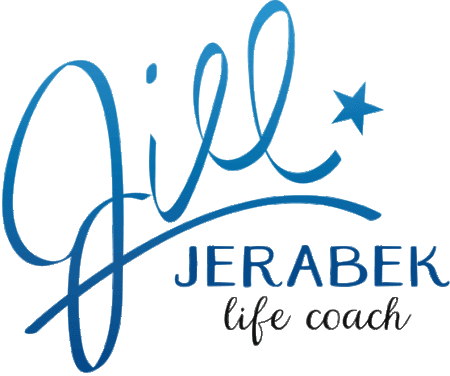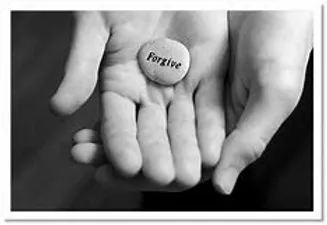When someone doesn’t want forgiveness, are you off the hook? Is it okay to harbor resentment, anger, and pain if the person who hurt you couldn’t care less? What if they believe their actions were justified, so if you were offended, well, that’s your problem?
Forgiveness is messy. One of the messiest parts of forgiveness is when the person who hurt us has no interest in forgiveness or repairing the relationship.
Why is it when we are clearly in pain the person who caused us pain won’t accept responsibility?
The answer to that is they feel justified in the choices they made, no matter how harsh.
Have you ever heard this proverb thrown around, “Spare the rod, spoil the child”? It’s justification for harsh discipline, often including striking a child to punish and/or change future behavior. Is discipline necessary in raising a child? Absolutely! Children need to learn limits and manners and appropriate social interaction, however, discipline does not have to include corporal punishment or abuse of any kind.
Why are we talking about disciplining children?
This is one example of how people justify their actions and therefore feel the person they hurt is being too sensitive or over-reacting. The same principle can be applied to any situation where the victimizer holds an air of self-righteousness believing they are right and good therefore there is no need for forgiveness. When that energy enters into a painful situation, it makes the situation even more painful and confusing and often leads one to consider whether forgiveness is justified as well.
I have bad news.
Forgiveness is always needed whether the victimizer takes responsibility or not.
- Forgiveness is needed because ultimately the act of forgiving frees the one who was victimized.
- Forgiveness allows you to let go of the idea that the past might change if the person who hurt you takes responsibility.
- Forgiveness supports you in accepting you have a choice in seeking revenge or choosing love.
- Forgiveness opens you up to the possibility of becoming a better version of yourself.
- It doesn’t matter what the person who hurts you want. Yes, there are many times when the act of forgiving brings light and love to the victimizer, but that isn’t your primary objective in practicing forgiveness. We practice forgiveness to bring light and love to ourselves so that we can bring more of our true selves into this world.
When we choose to forgive in the most difficult of circumstances, we stand in the truth that all human beings, including those who hurt us, are worthy of love and freedom. Freedom from shame. Freedom from vengeful acts. Freedom to heal. Freedom to love and be loved.
When we practice forgiveness in a relationship where the offender is not willing to accept responsibility, there are two principles we must keep in mind.
One, surround yourself with the truth. Share your pain with at least one other trusted person who can help to ground you and encourage you when the person who hurt you calls you a liar, too sensitive, and other such crazy-making accusations.
Two, forgiveness does NOT require restored relationship. Trust should not be given to untrustworthy people, yet, because of history or power or biological connection we give trust to people too quickly thinking it is a sign of forgiveness. Forgiveness is an attitude of love and release. Trust is a gift only given when a person has demonstrated they are trustworthy. It’s okay to set and honor boundaries. It’s okay to walk away. In fact, when offenders refuse to acknowledge responsibility for the pain they have caused, it’s the best gift we can give ourselves as well as them because we are not placing ourselves in a position to be wounded again enabling them to continue in damaging relational patterns.
One other important perspective to hold onto that will forever transform how you practice forgiveness is to remember there are no difficult people, there are only difficult relationships. People we label difficult are people who have been wounded relationally and are desperately trying to avoid being wounded again. That creates difficult relationships because we are navigating relational wounds and histories we didn’t experience as we interact with one another. Each human being deserves to be handled with care, even if that handling is honoring yourself be forgiving someone who refuses to take responsibility out of protecting their own festering relational wounds.
We dive deep into the HOW of forgiveness in the YOU Aligned Academy because it is simply not enough to tell people to forgive. Our culture does a very poor job of the practical side of forgiveness. For more details on how the YOU Aligned Academy can support you in a holistic approach to letting go, forgiving, and the importance of NOT forgetting what happened, click here.

